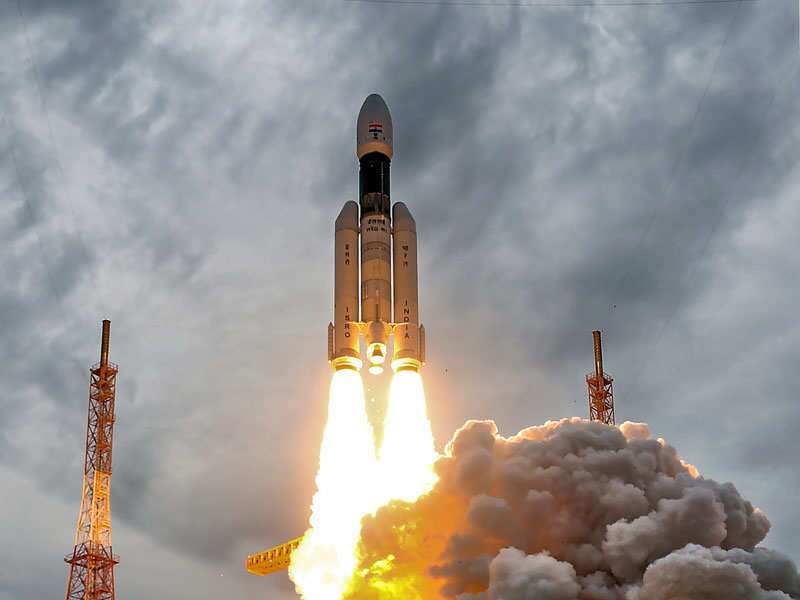There is no doubt that Chandrayaan-2 has been a major success but the failure to soft-land on the lunar surface through its Vikram module has left billions of heart-broken. It is also a testament to the fact of India’s trust in ISRO that the whole nation stayed awake at midnight to watch ISRO attempt to land Chandrayaan-2 on the lunar surface. The orbiter of Chandrayaan-2 continues to function normally and remains healthy and safe. Lunar missions are much more of a regular occurrence nowadays but 40% lunar missions in the last 60 years have met with failure. According to a report by NASA called the ‘Moon Fact Sheet’, in the last 60 years, of the 109 lunar missions, only 61 were successful while 48 had failed. Countries like USA, USSR and China, have all met with a series of frustrating and tragic failures before getting it right in space and especially, moon missions.
Chandrayaan-2 was India’s first attempt to land at Moon’s surface while petty and small minds both inside and outside the country continue to criticise India for its failure to land, countries like USA and USSR failed numerous times before successfully landing on the Moon. India was just 2.1 kilometres away from scripting history but the failure to land will only make ISRO better in the years to come. Not so long ago, India became the first country to land at Mars in its first attempt something which no other has been able to achieve till date. Failures are a part and parcel of the quest for scientific prowess and the experiences of NASA and others bear testament to that. In such a complex mission like this, one can only learn from successive failures and history is witness to it. Let’s look at the USA and the erstwhile USSR. From August 1958 to November 1959, during the peak of the space race, the duo of USA and USSR launched 14 missions. While all the missions launched by the USA failed, only three out of the 14 were successful, namely Luna 1, Luna 2 and Luna 3 and all of them were launched by the USSR. Only in 1966 that too with Luna 9, the World was able to witness the first soft landing on Moon in history. In 1967, the USA with Apollo1 attempted to send the first manned space flight to Moon but in a tragic turn of events, the space capsule along with all the three astronauts was gutted in a fire during a pre-flight test. This accident almost forced the USA to shut its spaceflight programme. However, despite the initial setbacks, the USA indeed managed to become the first country to send a manned mission on Moon with Apollo 11 which was led by the legendary Astronaut Neil Armstrong, in 1969.
The memories of Columbia are still fresh in mind where Kalpana Chawla along with six other astronauts was killed as the space shuttle disintegrated while re-entering Earth’s atmosphere – a sign that space programme requires continued learning. More recently, Israel with its ambitious lunar lander Beresheet began its journey to the Moon aboard a SpaceX rocket in its quest to be the first privately-funded spacecraft to land on the Moon. However, a month later, in 2019 it was revealed that Beresheet had crash-landed and was irredeemably broken.
ISRO has an extraordinary success story for it is highly ambitious and has earned laurels for its astounding achievements from all quarters in the world. ISRO on its part does not buy technology and completely relies on its human resources and more often than not has made our hearts swell with pride with mountainous achievements with recent accomplishments being the series of successful satellite launches and the Mangalyaan mission. ISRO, unlike other space organisations, does not require pumping of billions of dollars in its programmes to be successful and the Mangalyaan and Chandrayaan missions are a testament to this fact. The failure to land on the Moon is just the beginning, there is little doubt that ISRO will bounce back and traverse paths where no one has even dared to attempt.
